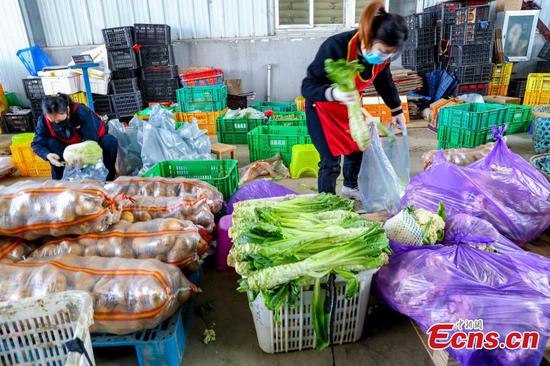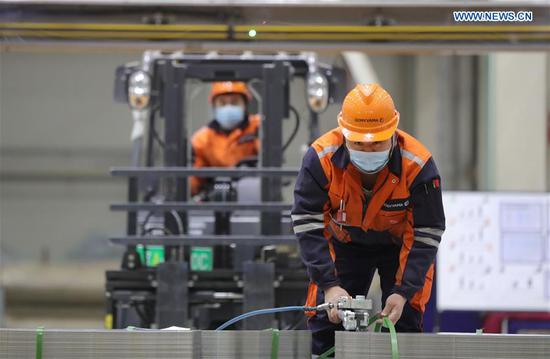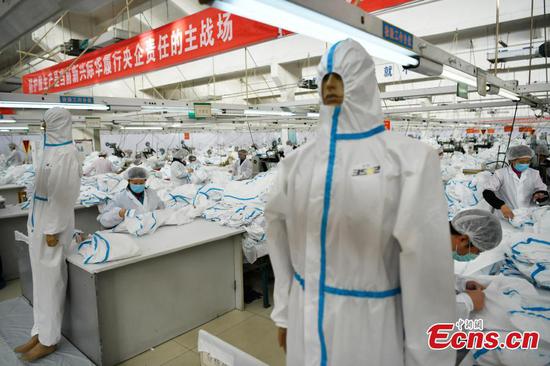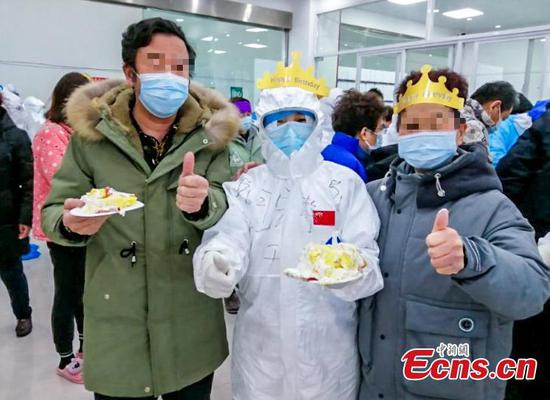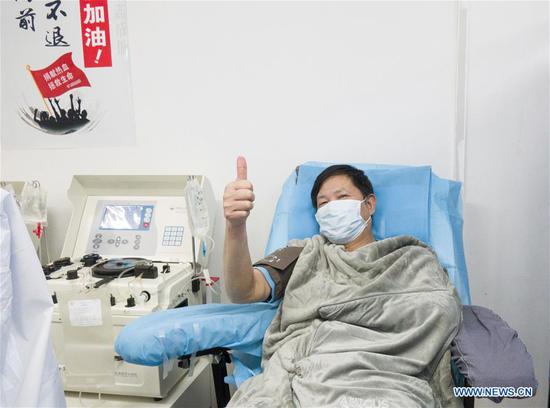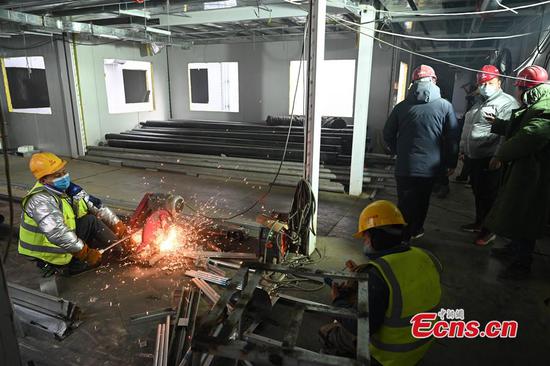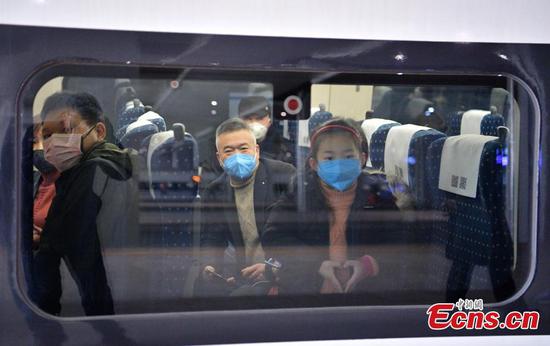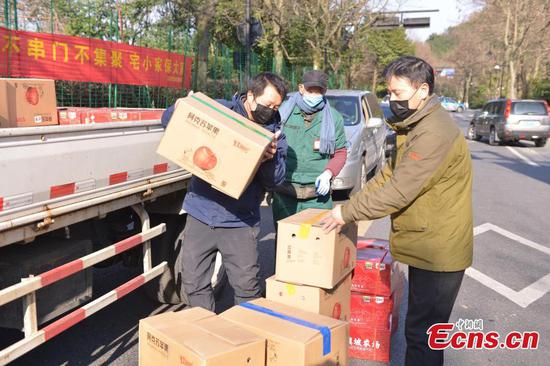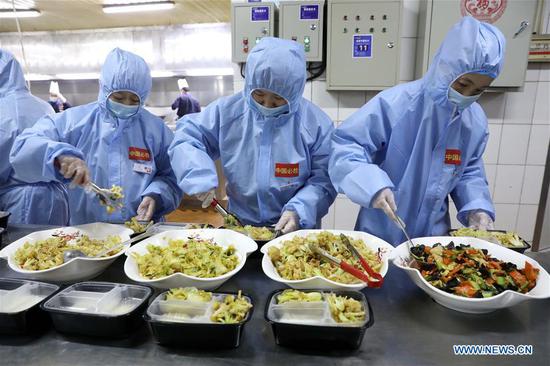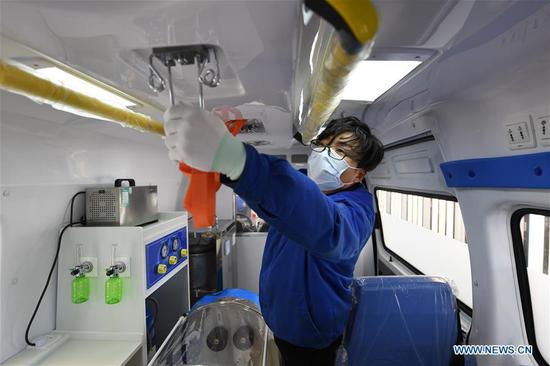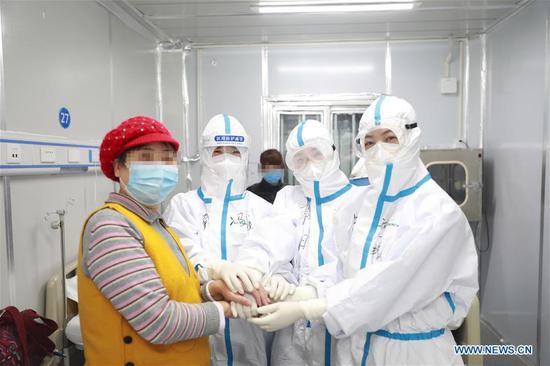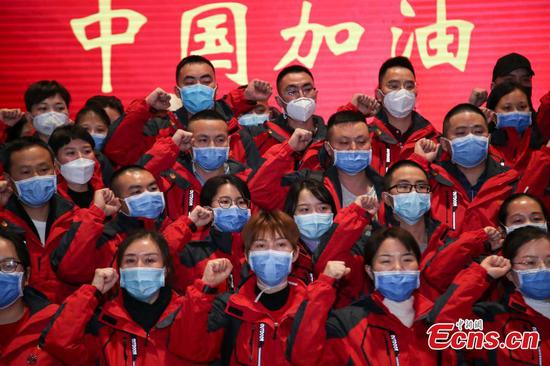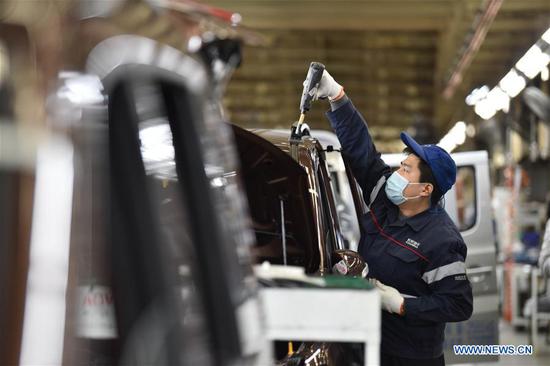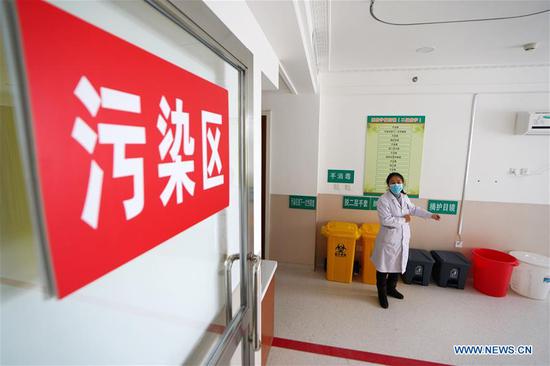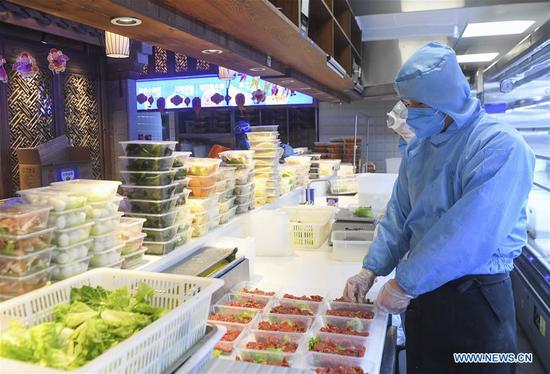The Tuesday meeting urged local authorities to set reasonable criteria for the resumption of work and production in their jurisdictions. Arbitrary guaranty or deposit requirements for companies who seek to reopen should be eliminated. Existing fiscal and financial support policies must be implemented at a faster pace.
"Keeping employment stable is a pressing priority in the course of advancing epidemic control and economic and social development. This requires stable performance of corporate China. It is important to promptly introduce policies bolstering businesses, especially micro, small and medium-sized enterprises. Sound development of such businesses is vital to stable employment," Li said.
"We must take employment as a first-order priority in maintaining stability in the six key areas, namely employment, finance, foreign trade, foreign investment, domestic investment, and expectation. No job means no income and no wealth creation. Every effort must be made to prevent massive lay-offs from happening. Sub-national governments must meet their responsibilities for keeping employment stable. The return of rural migrant workers should be well organized. Sound and practical epidemic control guidelines for different categories of enterprises should be promptly formulated to guide local authorities in setting reasonable criteria for the resumption of work and production in their jurisdictions," Li said.
Targeted efforts should be made to ensure the employment of key groups of people. Except for regions hit hard by the outbreak and high-risk areas, unwarranted restrictions that make it hard for employees to get back to work must be resolutely reversed. Rural migrant workers will receive support in finding jobs in their hometowns or nearby cities under the existing programs of poverty eradication and local development.
Given the record number of college graduates this year, plans for extending the time-line for college recruitments will be promptly worked out, and on-line hiring will be popularized. Enterprises will be supported in adding flexible jobs to meet the online consumer demand. The essential needs of the jobless must be provided for.
"Online recruiting should be intensified to have their job seeks effort well catered," Li said.
Employers' contributions to the old-age pension, unemployment and workplace safety insurance schemes will be lowered or waived to cushion the impact of the outbreak on enterprises, especially smaller firms, and allow them some respite following the resumption of normal production.
Specifically, in provinces other than Hubei, micro, small and medium-sized enterprises will be eligible for a waiver of the above-mentioned contributions from February to June. Large companies will see their contributions halved from February to April.
Companies of all types in Hubei who have participated in these insurance schemes will be exempted from the above contributions from February to June.
Before the end of June, companies may also apply for deferring their payments to the housing provident fund. Failure by employees to repay their housing provident fund loans due to the epidemic will not be taken as a default.
In deciding on these policies, full consideration has been given to the sustainability of the social security fund, the balance of which is sufficient to support the full and timely payments of old-age pensions and other social security benefits nationwide.
"Household businesses have an important role in job creation. We must swiftly work out supporting policies. The unemployment insurance fund shall be tapped into to issue allowances to the jobless. Pension payments must also be met on time and in full," Li said.









